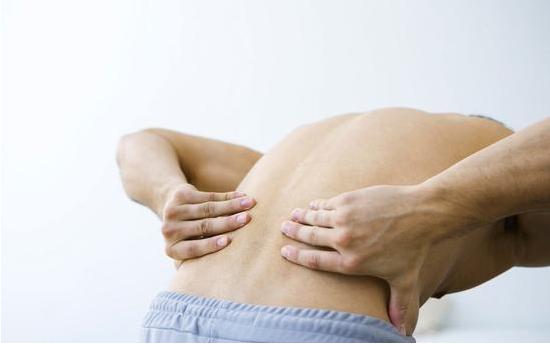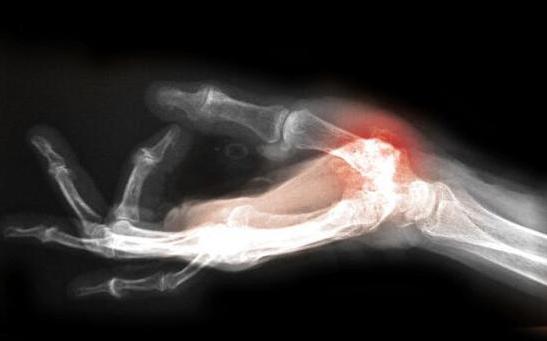|
|
Harvard Medical School study: joint pain, back pain and whether it rains or not is not linked!Issuing time:2020-10-24 11:22 On December 14th, according to a foreign media Telegraph report, the ancient Greeks noticed a mysterious connection between increased joint pain and rainy days more than 2500 years ago. But recently, this knowledge, which has been regarded as common sense of life, was overturned by scientists at Harvard Medical School. For the first time, scientists clearly announced the results of their investigation into the connection between the two. This is the largest study ever done on this issue. Harvard scientists studied more than 11 million health data generated by more than 1.5 million American retirees from 2008 to 2012. In response to these data, researchers carefully demonstrated whether there is a connection between rainy days and the increase in joint pain and back pain reports, and finally found that there is no connection between the two. The Harvard scholars who participated in this study said that the scale of their research is very large. If there is any connection between the two, the possibility of not being discovered by them is very low. "It's difficult to prove that it's okay," said Professor Anupam Jena of the Harvard Medical School's School of Health Care Policy, the leader of the study. "However, in these massive amounts of data, if the elderly people’s clinical pain is significantly increased when it rains, we can at least theoretically find some very small but important signals of rainy effects. However, we found nothing." "No matter how we look at the data, we don't see any correlation between rain and joint pain or back pain. So our conclusion is that joint pain and back pain may be a very unreliable predictive signal of rain. ."
From ancient times to the present, folks have always said that joint pain always appears with the appearance of rainy days. The famous ancient Greek doctor Hippocrates wrote in his book "Research on Air, Water and Geography" that those who wish to understand medicine should observe the changes of the seasons, study the wind, and explore the changes in the weather. How will it affect people's health. This idea has prevailed for hundreds of years, and even with the help of some folklore and informal small-scale research, it has become popular again. Last year, the University of Manchester in the United Kingdom published the preliminary results of an ongoing study. British scientists found that as the number of sunny days gradually increased from February to June, people with chronic joint diseases felt that their joints were damaged. The pain has improved. However, when June comes, as the humid weather and sunshine duration decrease, the pain of these patients will increase again. Scientists speculate that changes in air pressure will cause the flow of fluid around human joints, which will cause pain. This is particularly evident in people who have suffered from arthritis for a long time. Low pressure can also bring rain, so people may mistakenly attribute their increased joint pain to rain. However, the research team at Harvard Medical School used the records of millions of American doctors’ consultations and the numbers extracted from the National Oceanic and Atmospheric Administration (NOAA) to conduct this new study. After matching rainy weather data from thousands of meteorological bureaus, it was found that there was no connection between the two.
More specifically, on rainy days, 6.35% of doctors received patients with arthralgias, compared to 6.39% of doctors who also received patients with arthralgias on dry days. Professor Jena said that the human brain is very good at finding patterns, even if these scales do not exist. Professor Jena also said that if someone had a premonition that his knee would hurt when it was raining, but this prediction did not happen, then they would usually forget about it. But if their knee really hurts at this time, they will blame it on the rain, because this is a subjective argument, and this conclusion is often firmly remembered by them. "As doctors, we should be more sensitive to what patients tell us. Pain is pain, regardless of whether it rains or not," Professor Jena added. "But there is one point we must know that at the time of clinical diagnosis, the symptoms of arthralgia will not ease or aggravate as the weather changes." The above content is reproduced from: NetEase Technology Pay attention to the public WeChat account, spread knowledge about disease prevention and detection, care for your health, and be responsible for yourself. |



